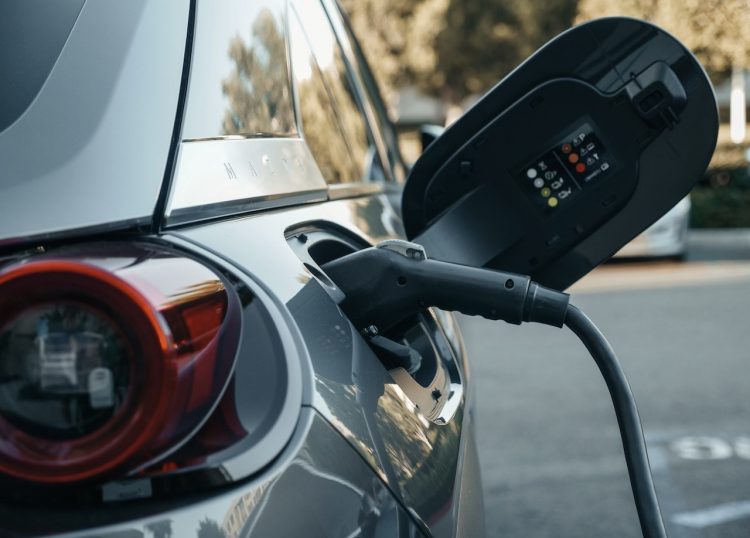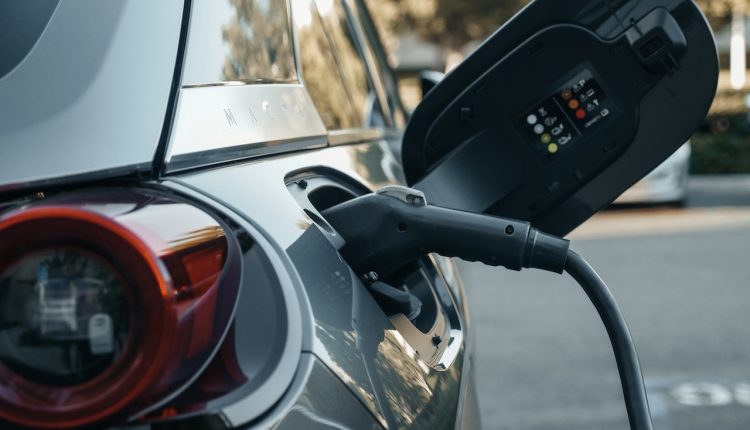In a deal with a subsidiary of oil giant Shell, Liverpool Council will treble the number of electric vehicle charging points across the city. Tony McDonough reports

Liverpool is to treble the number of electric vehicle charging points across the city in a new deal announced on Thursday.
An agreement between Liverpool City Council and ubitricity, a subsidiary of oil giant Shell, will see a network of new 300 on-street electric vehicle (EV) charge points installed. Locations are to be chosen by residents and businesses.
These additional charge points are set to treble Liverpool City Council’s existing network of 150 charge points to 450.
This would make Liverpool the authority with the third-largest public charging network in the UK behind London and Coventry.
A lack of accessible public EV charging points is a common barrier to EV adoption. Analysis from the Department of Transport found that as of July 2022, the North West had 76% fewer public EV chargers per 100,000 people than in London.
This deal comes as part of a two-part project which will see ubitricity take over the repair of Liverpool’s existing charging infrastructure and then rollout more charge points to help enable residents to make a transition to EV.
READ MORE: New venture rescues stranded electric cars
Installed directly into existing street lamp posts, the new ubitricity points will charge at a speed of up to 5kW and take just under two hours to install. A rollout is planned for key residential and commercial locations.
Toby Butler, UK managing director of ubitricity, said “Liverpool is investing in an impressive on-street EV charging network, making the transition to EV much more accessible to their residents.
“In line with its plans to reach net zero by 2030 Liverpool is helping to lead the country in decarbonising their roads and improving air quality.”
Liverpool’s goal is to make EV charging accessible for everyone, with a particular focus on residents who do not have access to private off-street parking and charging.
The rollout is led by community requests, with the Liverpool City Council receiving more than 10 requests a week for new public charge points.
Cllr Dan Barrington, Cabinet Member for Climate Change and Highways, added: “This provides a huge boost in tackling poor air quality and reducing the city’s carbon footprint.
“The programme puts down a real mark of intent to provide the necessary infrastructure to help the move away from petrol and diesel powered cars.
“The fact that the roll-out is being led by community requests means the points are going where the demand is needed most which means they’ll be getting maximum usage.”

